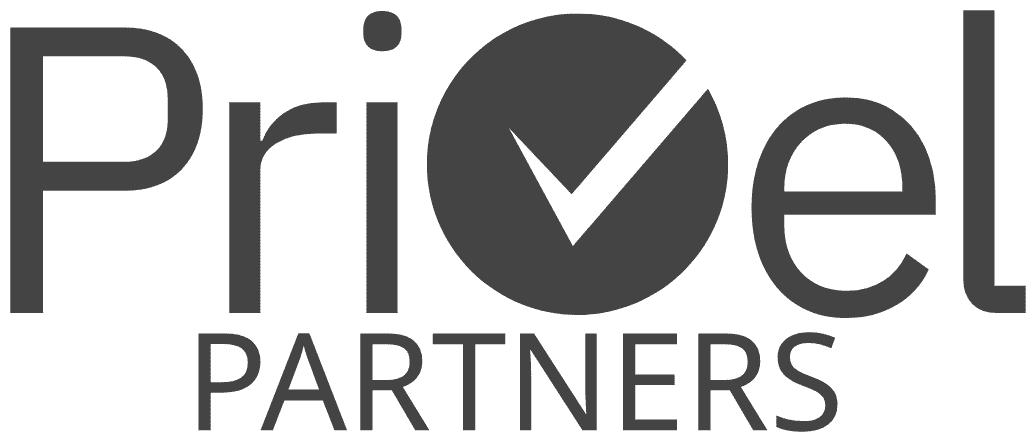Payroll compliance in Greece is a fundamental responsibility for every employer. Navigating the country’s complex regulations, frequent updates, and strict reporting requirements can be challenging, but it’s essential to avoid penalties and maintain a motivated workforce. This guide breaks down the key steps to ensure your payroll processes are fully compliant in 2025 and beyond.
1. Employee Registration with EFKA
Before an employee starts working, you must register them with EFKA, the Unified Social Security Fund. This registration is mandatory and forms the basis for social security contributions and benefits. Failure to register employees on time can lead to fines and legal challenges.
2. Accurate Salary Calculation
Employers must include overtime, bonuses, allowances, and other benefits in the gross salary calculation. Each component must comply with Greek labor laws and any applicable collective agreements. Incorrect calculations can lead to disputes, back payments, and penalties.
3. Social Security and Tax Deductions
Employers contribute at 21.79% of the employees’ gross salary to social security, while employees contribute around 13.37%. These contributions cover pensions, healthcare, unemployment insurance, and other benefits. Additionally, employers must withhold income tax from employees’ salaries based on progressive tax rates. Staying current with contribution rates and tax brackets is essential, as they can change annually.
4. Monthly Reporting and Payments
Payroll reports must be submitted monthly while other informative tables and reports should be submitted whether annually or on specific dates. This reporting includes detailed information on all employee payments, deductions, working hours, salaries’ updates etc. Social security contributions and income tax withholdings must be paid on time to avoid surcharges and fines.
5. Record-Keeping and Compliance Audits
Employers are required to keep payroll records for at least five years. These records should be well-organized and readily available for inspection by tax or labor authorities. Conducting regular internal payroll audits helps ensure ongoing compliance and can identify potential issues before they escalate.
Common Challenges and How to Overcome Them
Many businesses find Greek payroll challenging, especially when managing expatriates or remote workers. Frequent legislative changes can catch even experienced HR teams off guard. Outsourcing payroll to specialists like Privel Partners can mitigate risks, ensure accuracy, and streamline operations.
Why Partnering with Privel Partners?
Payroll compliance in Greece is more than a legal obligation, it’s a critical part of running a successful business. By following these steps and partnering with experts, you can avoid costly mistakes, foster employee trust, and focus on growing your business. Contact Privel Partners to learn how we can support your payroll needs.
Our team of payroll experts stays up to date with all legislative changes and nuances of Greek payroll. We provide end-to-end payroll services, from employee onboarding and salary calculation to monthly reporting and year-end compliance.
For more information, please contact us at payroll@privelpartners.gr




